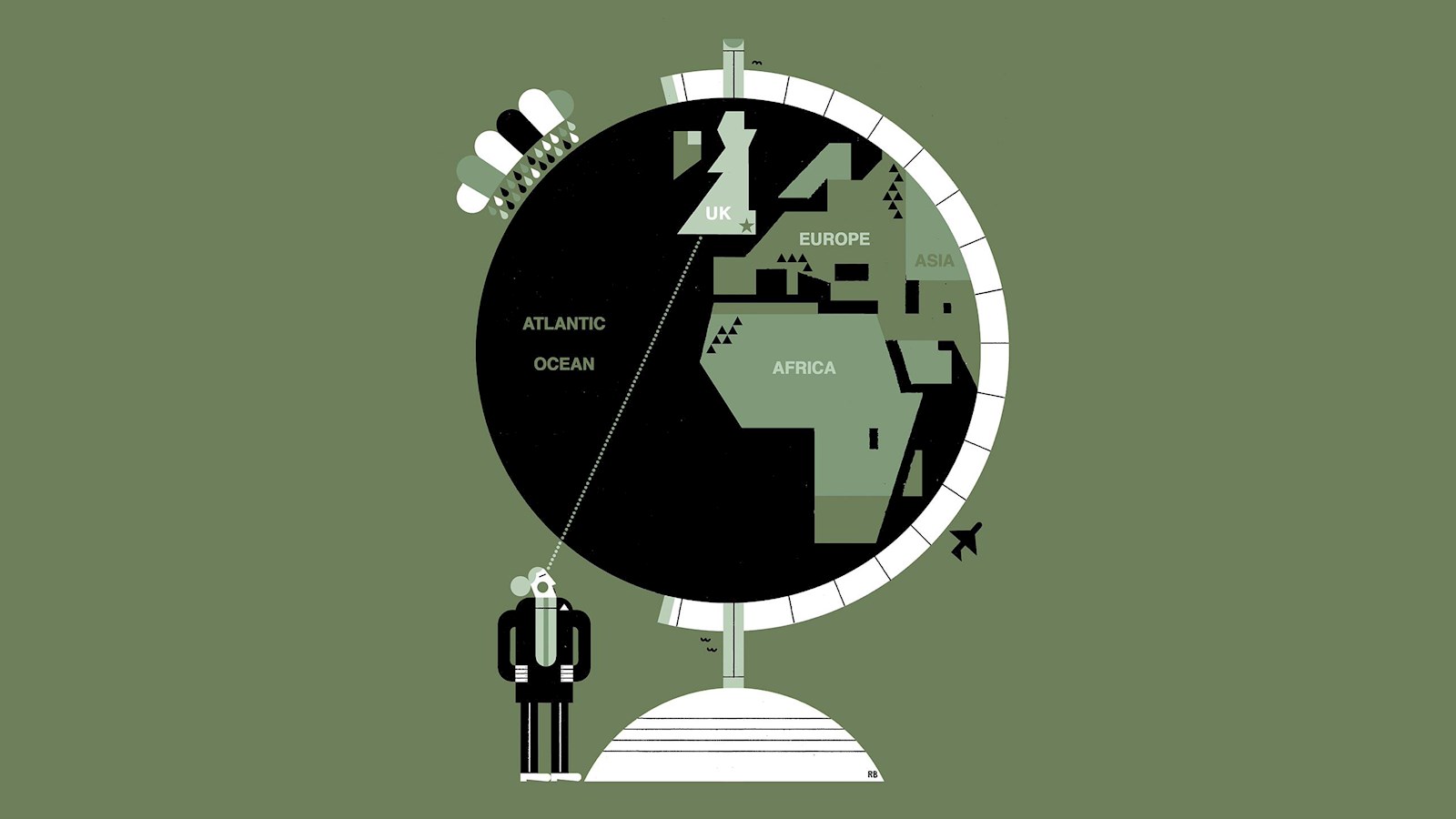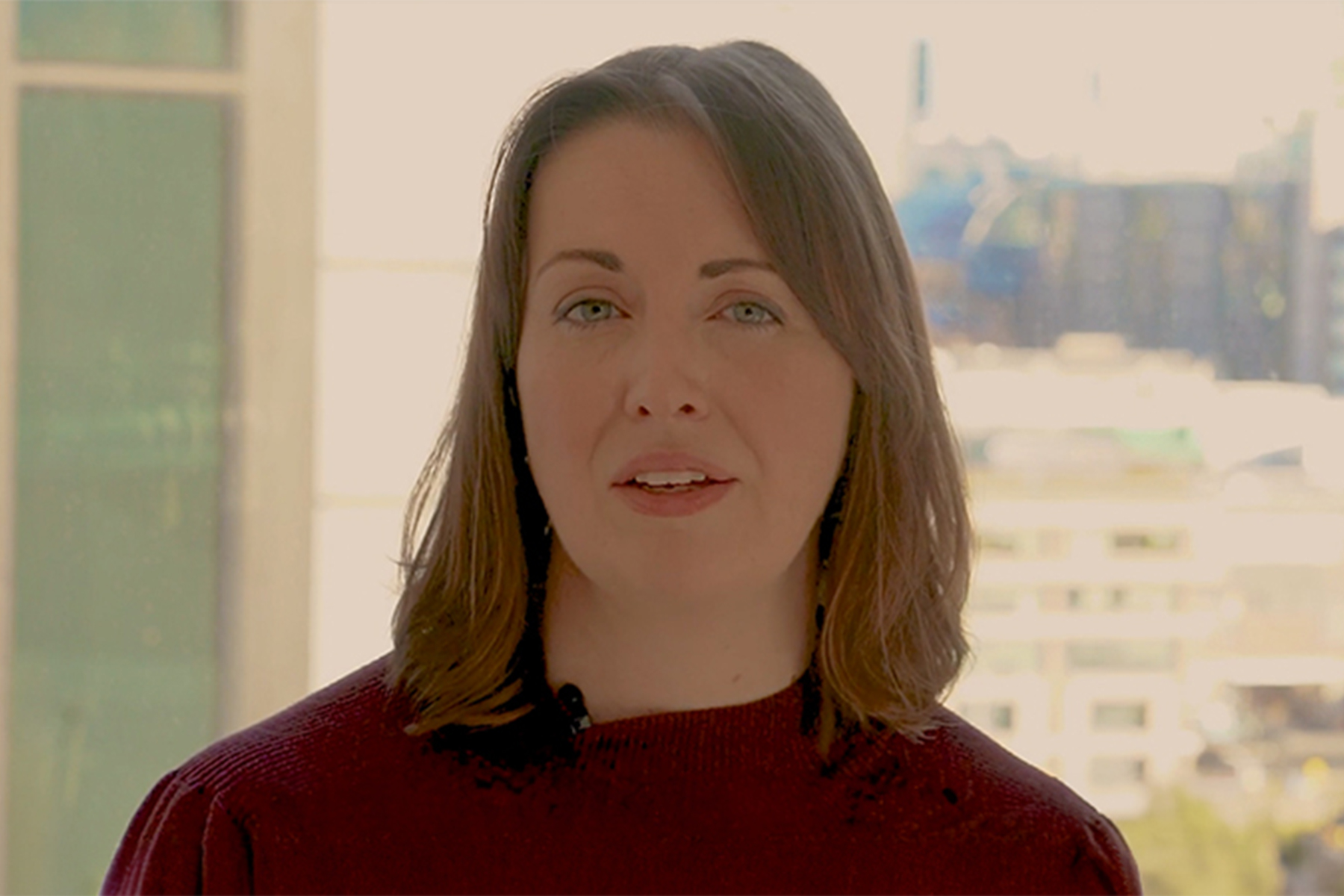
Changing for good
From boosting recycling among young Londoners to helping keep police phone lines open during the pandemic Ogilvy Consulting continued to make a difference
2020 was a year like no other. Among many strong emotions, it was a year of reflection when we saw that if our behaviour doesn’t change, nothing will. Here, we share some of the projects that Ogilvy Consulting’s Behavioural Science Practice worked on last year – much of it developed from the lounges, bedrooms and spare rooms of our team. In doing so, we showcase the approach taken and the challenges faced along the way.
Charity and non-profit sector
One bin is rubbish … Sort it out!
Country: UK
Date: November 2017 to February 2020
The challenge
Each Londoner generates around 2,500kg of rubbish annually and, despite years of education, recycling rates have plateaued. Our brief was simple: get 18-to-34-year-olds to recycle more.
Our approach
We needed to find out the why behind London recycling rates so we could understand how to increase them. We filtered our research through the COM-B (capability, opportunity and motivation) model to analyse barriers through a behavioural lens. It turned out our audience had the capability and motivation to recycle, but lacked the opportunity. So, the strategy was simple: motivate people to buy a second bin and help them help themselves to recycle more.
Knowing our well-intentioned audience, we knew their recycling tends to pile up around their main bin. So our key campaign visual demonstrated that problem. Having the campaign line spelt out on unrecycled products showed our audience how close they were to achieving their goal, and how nonsensical it was not to get that second bin.
With the provocative line ‘One bin is rubbish’, our campaign pointedly encouraged people to get the best recycling set-up for their home. We specified the number of bins so there was no wriggle room and by ending the line with ‘sort it out’ used a gentle pun to nudge people to act. To drive awareness, our message lived on that most inherently London medium: the red bus. And to drive behaviour change, we had a targeted social and digital campaign which helped people know what to put in what bin, and encouraged them to share bin tips.
Our results
A whopping 137,299 Londoners (8% of our target audience) bought a new bin and are now recycling more. We increased awareness of the issue from 32% to 55% and boosted the social norm of recycling from 43% to 61%. Across the three years of the campaign, the average bin per household ratio rose from 1.1 to 2.1.
Private sector
Helping the nation to shop smarter at Christmas
Country: UK and Ireland
Date: July to October 2018
The challenge
Every year in the UK, we spend more than £2 billion on unwanted presents, with 70% of us receiving a gift we’ll never use. TK Maxx tasked us to help the UK and Ireland to ‘gift different’ for Christmas 2019.
Our approach
We first unearthed the behavioural biases that influence our gifting behaviour. For example, the bias of the present suggests that we prefer shorter-term gains over larger future benefits. This causes us to buy gifts that will give immediate pleasure – such as a bouquet of flowers in bloom, rather than in bud, even though the buds would last longer.
Armed with 10 such buying biases we further explored buying behaviours and attitudes. From this we developed five things present buyers should do to better understand what recipients value in a gift. These ranged from understanding how the beneficiary spends their ‘me time’ to exploring what experiences they want or have planned.
From these strategies, we devised 10 questions that present givers could pose to plumb helpful gifting clues. To make sure our questions led to new ideas, we researched techniques used by different professionals to elicit information. We found that doctors use concrete words to encourage patients to talk about health issues. For example, asking: “Is there something else you want to address today?” (rather than the broader ‘anything’) increases the likelihood of patients speaking up.
These techniques helped to produce a question framework that encouraged people to think broadly, refine their preferences and look positively to the future. They included such phrases as: “Not including me, who’s the best gift giver you know?” and “Share what are you looking forward to most next year.” Working with TK Maxx’s campaign creative, as part of its national TV campaign, we developed our 10 questions into creative assets to be shared on social media and in print.
Our results
The ‘Gift different’ PR campaign launched in November 2019. It featured in 22 pieces of print and online media, and 13 broadcast items.
Government and public sector
Changing the way people report crime
Country: UK
Date: April to May 2020
The challenge
COVID-19 presented a new challenge for Thames Valley Police. Calls to its 101 service – dedicated to important, but not life-threatening, issues – were significantly higher. Many were for pandemic-related problems best suited to the online service. There was a risk that if the hotline was overwhelmed, vulnerable people would not get through. Our task was to optimise the 101 call script, nudging non-urgent COVID-19 calls towards the online service, without discouraging anyone from reporting crimes.
Our approach
We had to work quickly due to the nature of the pandemic and the volume of calls Thames Valley Police was receiving. Using the COM-B model, we identified the key drivers of the behaviour and barriers to using the online service. Once we understood the problem, we generated a new script using the MINDSPACE framework – drawn from a UK Government report exploring how behavioural change can support policy – combined with data analysis from the force.
Once the new script was in place, we evaluated the intervention by reviewing the number of crimes reported online before and after the changes. To allow for external factors, we observed overall crime reporting, reporting online and changing COVID-19 conditions and used the number of 101 calls received by another force as a control group.
We harnessed the psychology of social norms by indicating that ‘thousands of callers’ were helping the force by selecting the correct (online) service as well as reminding callers why it was important that they used the appropriate service. That is: “This assists us in prioritising emergency calls, which is vital so that we can keep you, your family and our communities safe.” To remove ambiguity and help the public make the optimal decision, we gave examples of crimes that should be reported online.
Once the script confirmed the roles of each service, we also introduced a pause which – as in natural conversation – could create a decision point. Our hypothesis was that, by adding in a moment of reflection, we could help to change the current default (which was to continue listening).
Our results
Following the introduction of our script, the volume of crimes reported online per day increased by more than 100% – despite general levels of crime going down. The proportion of crimes reported online increased from 10% to 30% – a 200% increase. Since changing the message in mid-April, around 26% of people – that is 71,234 callers, or 465 per day – were nudged off 101. This resulted in a 31% lower waiting time on 101 calls for the public. Now there is more capacity on the 101 system, officers can make sure the most urgent calls are handled quickly by the correct service.
Academia
Investigating food waste during lockdown
Country: UK
Date: July 2020 Sample: 255 UK nationals
The challenge
Food waste has negative environmental, social and economic consequences. Understanding its causes is vital to informing campaigns and behaviour change interventions. Levels of UK consumer food waste dropped significantly during lockdown, as citizens became aware of food scarcity. However, there was a risk of waste rocketing once lockdown eased. We collaborated with University College London to explore how food creativity and shopping frequency might affect food waste, during the easing of lockdown in July 2020.
Our approach
We administered a two-part online survey. In the first part, participants answered specifically designed questions to assess their shopping frequency, cooking approach, and food and trait creativity. They also provided socio-demographic information and were asked to note any food their household threw away during the coming week. The second part of the study, which kicked off a week later, assessed how much food participants had wasted in the interim. We created a scale to measure food creativity, assessed trait creativity using the Alternative Uses Test, a commonly used test for creativity, and analysed the results using statistical tests.
Our results
Among our results, we found that those who wasted more food generally had a higher income, ate more pre-prepared/ready meals, and shopped more frequently. The results suggest food waste interventions could be targeted at manufacturers and consumers of pre-prepared/ready meals and those who live in wealthier areas. The finding that those who shopped less tended to waste less mirrored our expectations that infrequent shoppers would be more frugal, due to the extra apprehension and inconvenience around shopping during COVID-19.
published on
15 December 2021
Category
More in The Atticus Journal

Generative AI: mitigating risk to unlock opportunity
H+K’s Allison Spray on managing the commercial and reputational risks that the proliferation of generative AI will present

Making sustainability profitable
Sustainability investments must deliver returns – both financial and reputational – to be ‘sustainable’ for business. Something needs to change, says Luc Speisser

Sustainability comms must get real
There’s a disconnect between the way corporations talk about climate change and how the public discusses the same issue. That’s the conclusion of research by Jamie Hamill, Alessia Calcabrini and Alex Kibblewhite.
